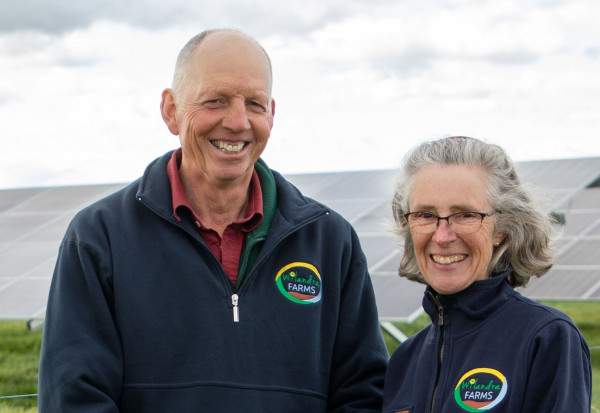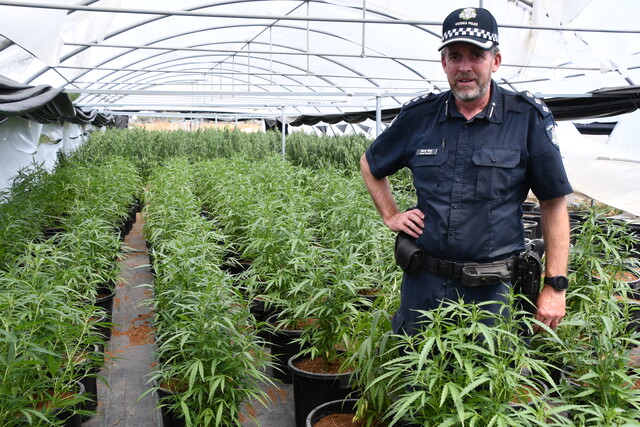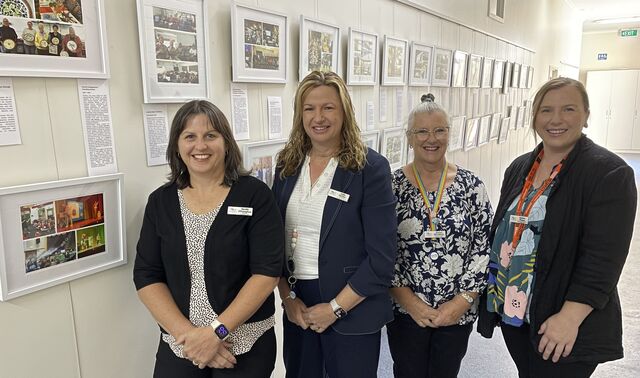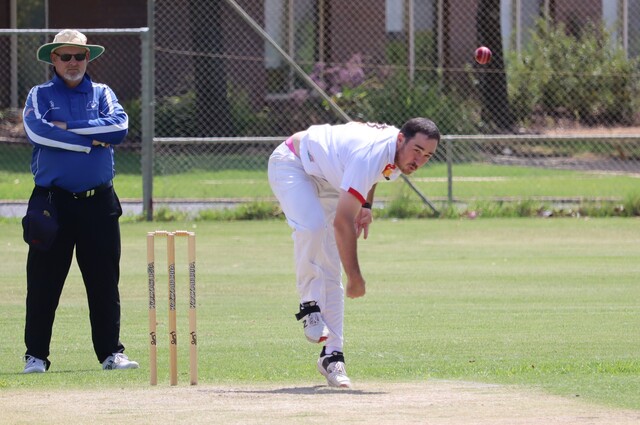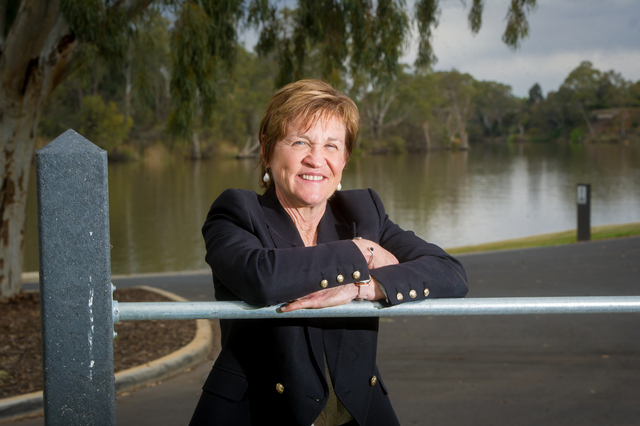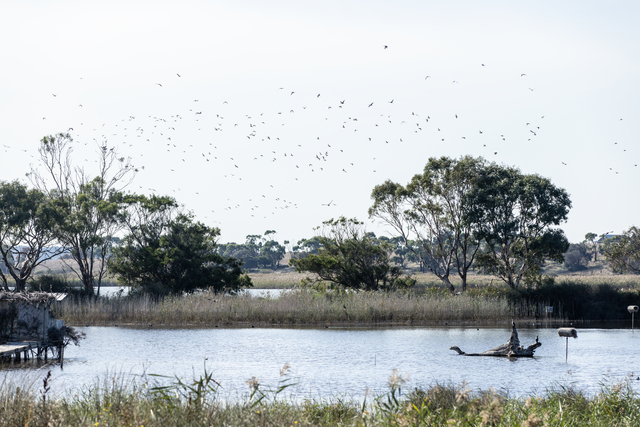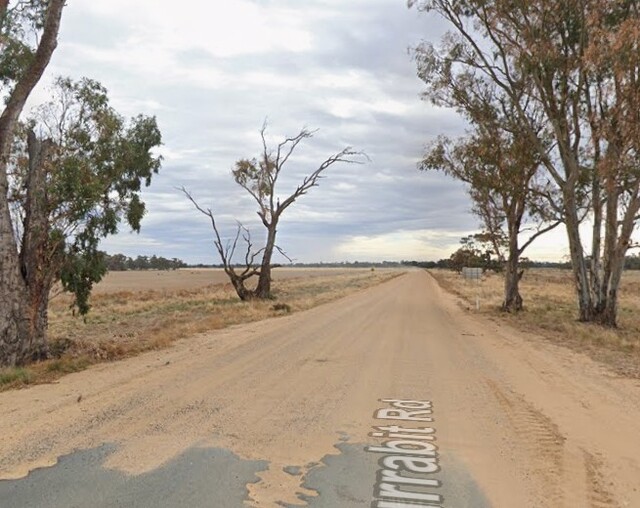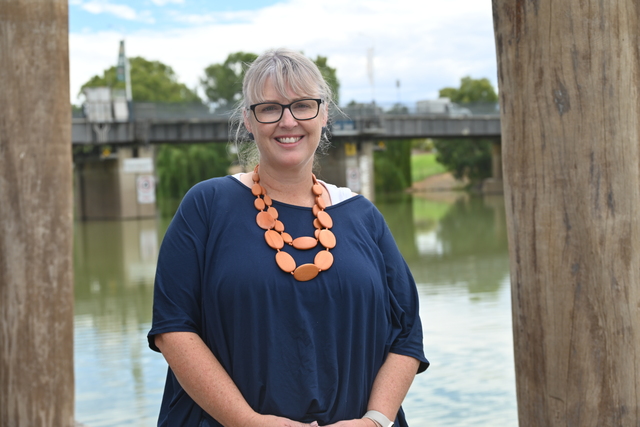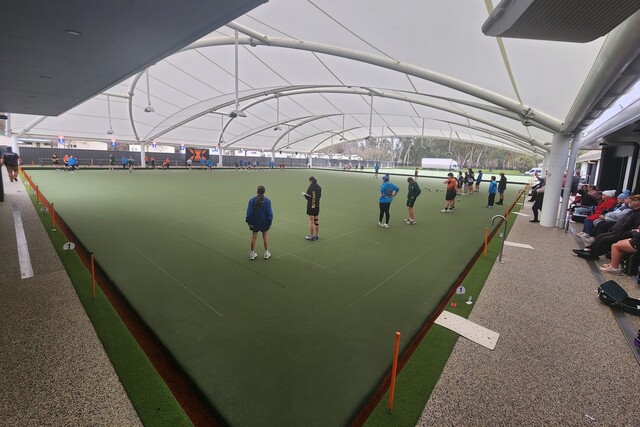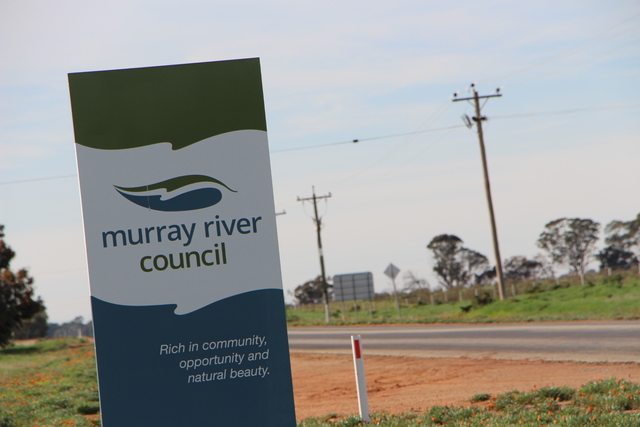TECHNOLOGY and avenues to help farmers to diversify their incomes and enhance their capabilities into the future is on display next week at the Renewables in Agriculture Conference and Expo in Bendigo next Wednesday.
Organiser Karin Stark has gathered a lineup of agricultural and horticultural farmers and key industry experts to share their experiences with carbon sequestration, bioenergy, microgrids, electric machinery and more.
“The energy landscape is changing so quickly so farmers need credible, independent advice from peers on how to consider and incorporate renewables on their farms,” she said.
“One of our speakers is Tom Warren, a farmer on the edge of Dubbo in New South Wales who grazes his sheep under the 18-megawatt solar farm he hosts.
“During the 2018 to 2020 drought, he was able to go two months without buying feed for the sheep, as the condensation gathered on the solar panels and dripped down onto rows of pasture, all while getting income from leasing the land.
“If you’re able to use renewable energy to reduce input costs by 50 per cent or more, that increases your resilience during droughts and floods, while cutting our emissions to keep being a competitive option on the domestic and international market.”
Other farmers include a New Zealander who fully electrified his cherry farm, irrigators with a controlled microgrid on a local network, dairies who are capturing their herd’s methane for biofuel and those who are hosting transmission towers.
“This is an opportunity for farmers to come along and speak to their peers on the same level who have gone through the same challenges, people who they can trust to be open about the journey they have been on,” Ms Stark said.
“It’s about working together to solve the multitudes of problems that farmers are facing, looking at the impacts and how to minimise them, and how to ensure long-term meaningful benefits.
“Communities and farmers can get on the front foot of the new technology and opportunities rather than having these changes happen to us, while cutting energy costs.”
Victorian Farmers Federation president Brett Hosking said that while the “aggressive” rollout of renewables is a hot topic, it is important for farmers to have a realistic voice about the challenges and impacts they are facing.
“The Renewables in Ag conference is a chance for real people to talk about the opportunities and challenges they have had in implementing the transitions available to them so whoever is next can avoid the same pitfalls,” he said.
“There is no doubt we absolutely need deep and effective emissions cuts this decade; our planet is warming and we are seeing more extreme weather events, and floods and droughts are having an impact on those who farm the land.
“The change has to happen now or we will miss our emission targets, our planet will continue to warm and weather conditions will get more extreme – we are all facing those challenges.
“We need to talk about how we strike a balance in the transition and the transition takes the agricultural industry along with it rather than happening in spite of it, and farmers with decades of practicing agriculture and their communities are best placed to make those plans for the future.
“Where we are seeing the greatest successes is farmers making those changes with what is right for their farms, which we aren’t seeing with large scale rollout, and this is a great opportunity to discuss how to do that.”
Along with a full day of panels and speakers, 28 businesses will be present to showcase available technology, featuring the Build Your Dreams Shark 6 electric ute.
Grattan Insitute energy program director Tony Wood will present the keynote ‘Are we there yet? The country’s economic transformation’.
Heavily discounted tickets are available for farmers facing financial hardship, just contact Ms Stark at hello@renewablesinagconference.com.au.
All other tickets are available at renewablesinagconference.com.au/register-now.

